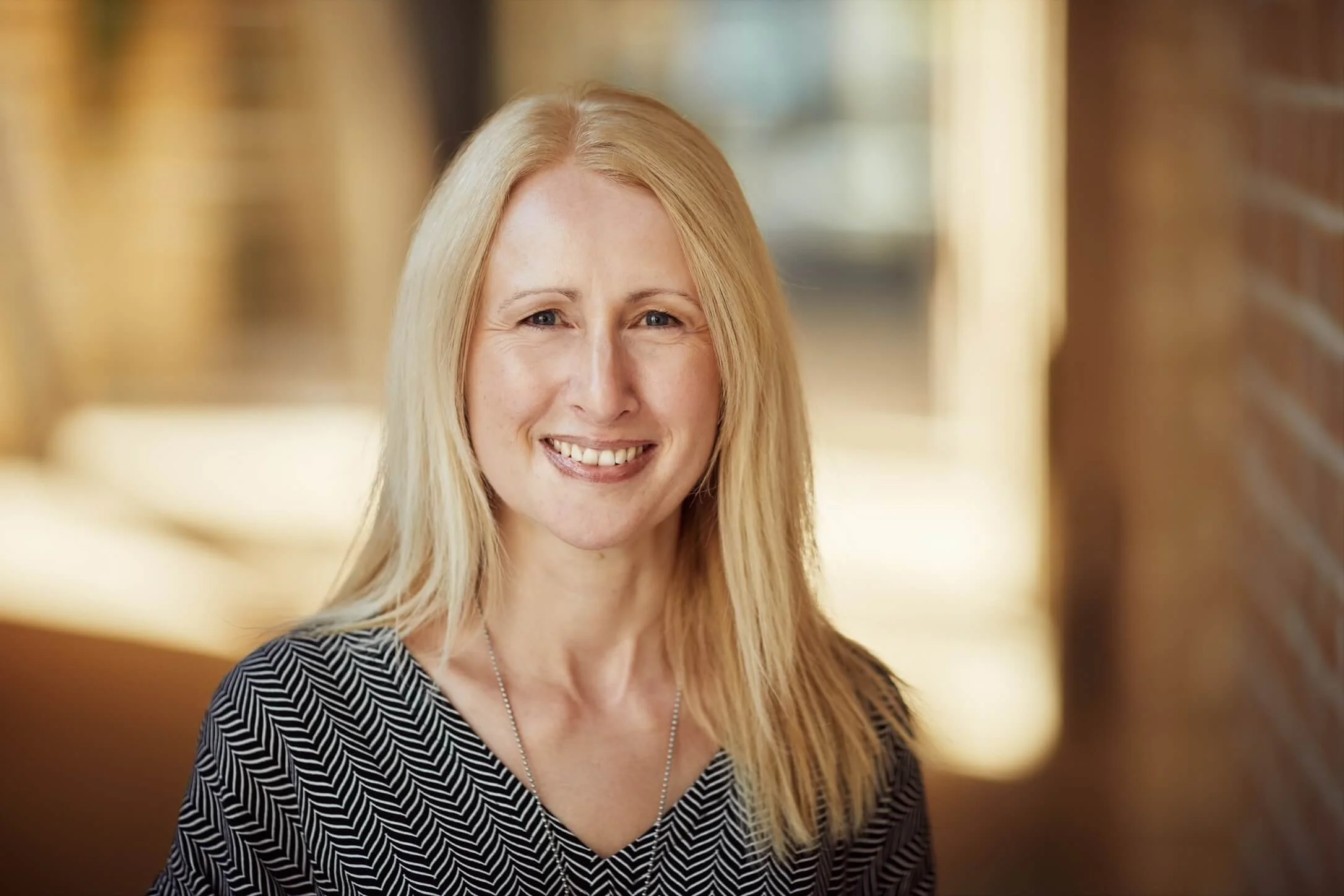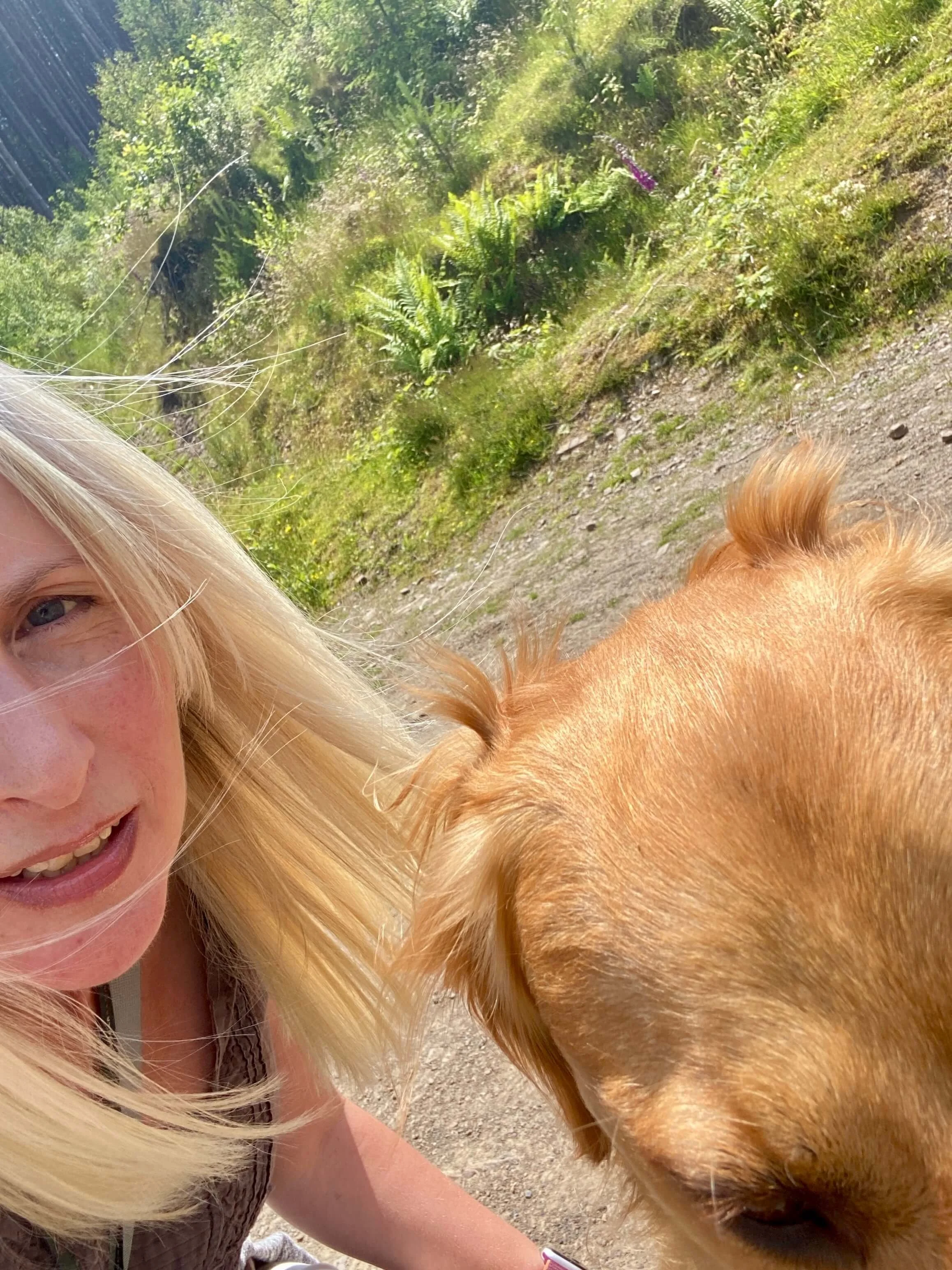Living Life on Your Terms
Hey there,
I’m Emma.
I’ve worked hard since my divorce to gain two psychology degrees and two coaching qualifications whilst becoming a firm believer in living life on your own terms—that’s the lens I bring to my writing.
After years of masking, living with chronic illness, and trying to be who the world expected me to be, I finally realised something: I don’t have to live that way.
I’ve spent years unlearning the pressures that kept me exhausted, stuck, and disconnected from myself. Now, I write about what it means to reclaim your time, energy, and sense of self—without the guilt.
I don’t have all the answers, but I do know this: you don’t have to prove your worth by running yourself into the ground. You don’t have to keep saying yes when every part of you is screaming no. And you don’t have to keep shrinking yourself just to make others comfortable.
So much of what we’ve been taught—especially as women—is about making ourselves small, agreeable, and self-sacrificing. The world expects us to be everything for everyone but ourselves. I write to challenge that, to explore what it really means to take up space and build a life that feels like yours.
Through my writing, I explore self-prioritisation, unlearning societal conditioning, and breaking free from the invisible rules that hold us back. If any of this resonates, I hope my words help you find a little more clarity, a little more peace, and a lot more permission to live on your terms.
MY STORY
I always felt life could be different, and now I know that it can.
For years, I played the 'good girl' role, always putting everyone else first. On the outside, I seemed like I had it all together, but inside, I was anxious, scared, and utterly lost. I felt different like nobody really knew who I was – including me. I was tired of being a chameleon, constantly changing to fit what others wanted. I never felt good enough and kept striving for approval, thinking I'd finally feel worthy if I could just be who people wanted me to be.
Then, my world turned upside down. I discovered that the person I thought I'd spend my life with had been having an affair and gaslighting me for months, making me feel like I was losing my mind.
Looking back, I realise that this was the universe's way of liberating me from a toxic situation. The years that followed were a journey of self-discovery and transformation. I had to rebuild myself and create a new life for myself and my children. I made unconventional choices, like going to university at 38, changing careers multiple times, and eventually moving to the beautiful Welsh mountains. When I was diagnosed with ADHD at 52 and advised to seek an autism diagnosis, everything I'd felt my whole life finally made sense. It was a moment of relief and freedom, knowing that I was not alone in my struggles.
Being neurodivergent means being different, and those differences can be challenging in a world that doesn't celebrate them. For so long, I believed I was the problem—until I realised it was the system that was flawed, not me—both as a woman and as a neurodivergent individual. That shift changed everything. Learning to embrace my neurodivergence became an act of self-liberation, and unlearning patriarchal conditioning gave me the freedom to exist as my full self without apology. Now, I write about these experiences—self-prioritisation, unlearning conditioning, and the messy, beautiful process of figuring out who you really are
Studying for my MSc in Applied Positive Psychology taught me the power of self-compassion, setting me on a new path long before I even knew I was neurodivergent. I stopped trying to be everything for everyone and started focusing on what I needed. Learning positive psychology tools helped me shift from self-criticism to self-acceptance, and self-compassion had the biggest impact of all. Now, I honour my needs, offer myself kindness when I stumble, rest when I need to, and treat myself as I would a good friend.
I’m still human, with ups and downs like everyone else—but instead of just surviving, I now have a toolkit that helps me thrive. Prioritising self-kindness isn’t a luxury; it’s a necessity. For women, especially, it’s radical. We’re conditioned to put ourselves last, to push through exhaustion, to carry the emotional weight of others. But self-compassion allows us to rewrite that script—to see ourselves as worthy of care, just as we are.
The benefits of self-compassion are undeniable, and research is beginning to highlight its positive effects on neurodivergent people—something I’ve felt to be true for a long time. It’s a theme that runs through much of my writing because, for me, unlearning self-judgment has been a powerful act of freedom.
When I’m not writing, you’ll usually find me reading, learning to draw, or hiking with my golden retriever, Bear.
Ready for some fun facts?
For me, home is a feeling, not a place.
As an RAF child, I moved 7 times and attended 4 different primary schools before turning 11. This nomadic lifestyle continued into adulthood, making 'home' a concept rather than a fixed location. Each move has been a lesson in adaptation and quick friendship-making. While specific details of each residence blur together, the skills I've gained - flexibility, resilience, and openness to new experiences - remain crystal clear. It's remarkable how a life of constant change shapes one's perspective on belonging.
I’ve had a lifetime of rhythm.
Childhood ballroom and 'disco' dancing lessons left an imprint that's both vivid and vague. I earned certifications and competed in an event, experiences that shaped me deeply. While I've left formal lessons behind, the joy of movement stuck with me. These days, my kitchen becomes an impromptu dance floor, proving that some passions are too ingrained to forget, even if the specific steps are a bit fuzzy. And I still love a bit of glitter!
My brain is a time machine, but the controls are a bit wonky.
As someone with a neurodivergent brain, I'm absolutely fascinated by history. From the Vikings to the Medicis, ancient Egyptians to British Kings & Queens, I can lose myself for hours in tales of long-ago civilisations. The fact that people lived such rich, complex lives thousands of years ago never fails to amaze me! But here's the twist – while my mind eagerly travels through time, it often forgets to bring back the specifics. I might spend an entire afternoon engrossed in Roman history, only to struggle to name a single emperor later. It's like having a library where the books are always changing places!






